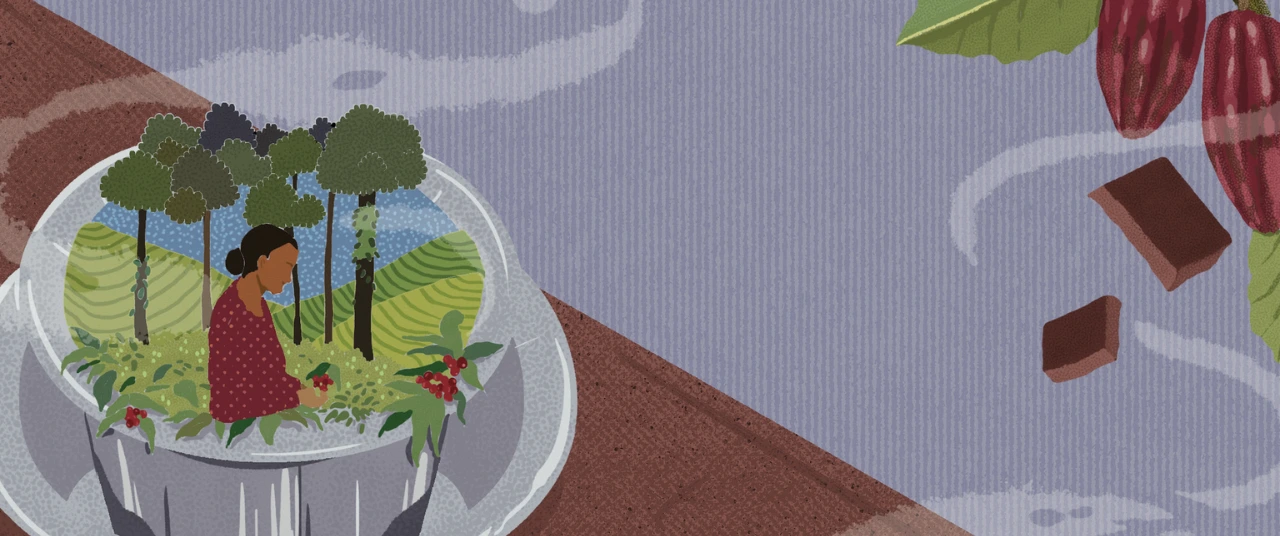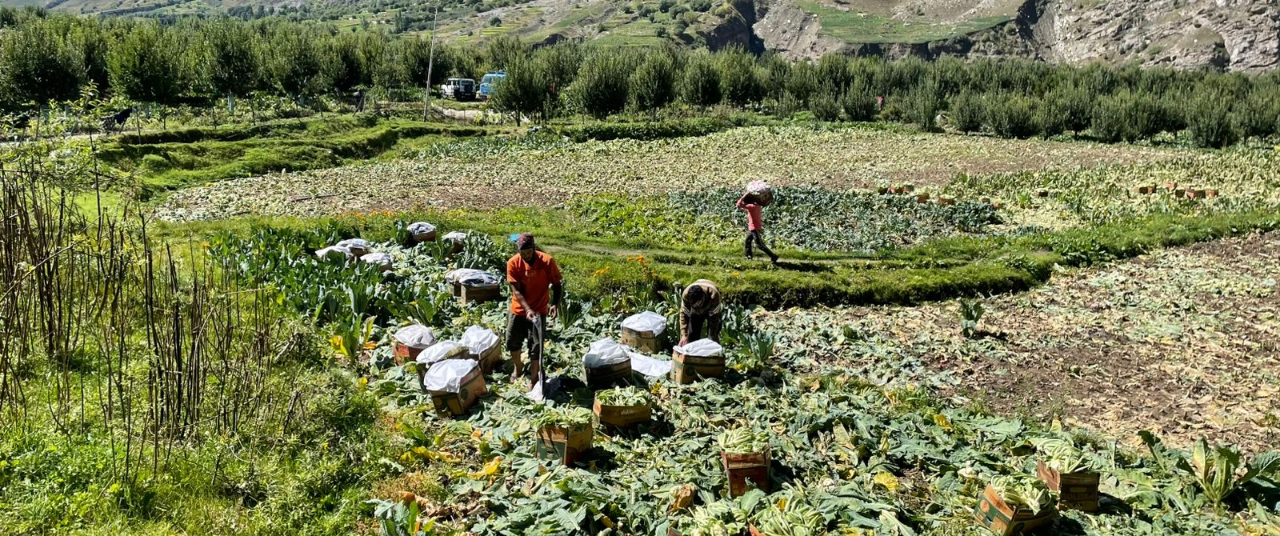Composting kitchen scraps can reduce greenhouse gas emissions and fight climate change






Editor’s Note: In this series, the Good Food Movement explores composting—a climate-friendly, organic way to deal with waste. We answer questions about what you can compost, how to build composting bins and how this process can reshape our relationship with nature and our urban ecosystem.
It is easy to visualise the afterlife of some of our everyday trash. Paper, for example, gets recycled into notebooks, while plastic, on the other hand, is fashioned into bottles. But what happens to kitchen waste?
Biodegradable waste—think fruit peels, veggie scraps and yellowing herbs—naturally decomposes over a period of time. What if you decide to compost it instead?
Composting creates conditions like aeration, moisture, and warm temperatures to speed up the breaking down of organic matter. At the end of the process, you get a dark, crumbly, soil-like material that smells earthy and works as an effective organic fertiliser.
The word ‘composting’ itself comes from the Latin word compositus, which means ‘to put together.’ That’s what composting is: putting together organic waste and some water to allow for aerobic decomposition using a mixture of water, to result in a nutrient-rich fertiliser, often called ‘black gold’. This organic waste can constitute a range of ingredients from your kitchen–including tea leaves, coffee grounds, and eggshells.
The climate change connection
Beyond its uses in gardening, composting also contributes to the fight against climate change. The world wastes over a billion tonnes of food annually—one-fifth of all food available to people living on our planet. In India alone, the annual food waste adds up to 78.2 million tonnes, which is about 26.5% of the total annual staple food requirement per Indian. This wasted food makes its way to landfills, where it rots in the lack of oxygen. A certain kind of bacteria, called a methanogen, survives particularly well in the absence of oxygen. Unfortunately, when methanogens break down food anaerobically, it creates methane, a gas that has approximately 28 times the global warming potential of carbon dioxide.
Composting brings the circular economy to your balcony, and helps you join in the fight against climate change.
Food waste contributes to 8-10% of all greenhouse gas emissions, having five times the impact of the aviation industry. Harriet Lamb, CEO of The Waste and Resources Action Programme, put it powerfully: “Were it a country, food waste would be the world’s third largest emitter after China and the USA.”
A disarmingly simple way to reduce greenhouse gas emissions is to compost our food waste. A Nature study showed that greenhouse gas emissions from composting were 38–84% lower than from the same volume of landfilling of food waste. Composting brings the circular economy to your balcony, and helps you join in the fight against climate change.
{{quiz}}
Explore other topics
References




.avif)


.png)



